Time Travel, Teleportation & Science
Time travel is the concept of moving between different points in time in a manner analogous to moving between different points in space, generally using a theoretical invention, namely a time machine. It has a commonly recognized place in philosophy and fiction, but has a very limited application in real world physics, such as in quantum mechanics or wormholes.
Although the 1895 novel The Time Machine by H. G. Wells was instrumental in moving the concept of time travel to the forefront of the public imagination, The Clock That Went Backward by Edward Page Mitchell was published in 1881 and involves a clock that allowed three men to travel backwards in time.[1][2] Non-technological forms of time travel had appeared in a number of earlier stories such as Charles Dickens' A Christmas Carol. Historically, the concept dates back to the early mythologies of Hinduism (such as the Mahabharata), Buddhism, and Islam through ancient folk tales. More recently, with advancing technology and a greater scientific understanding of the universe, the plausibility of time travel has been explored in greater detail by science fiction writers, philosophers, and physicists.
Teleportation, or Teletransportation, is the theoretical transfer of matter or energy from one point to another without traversing the physical space between them. It has a commonly recognized place in science fiction literature, film, and television, but as yet has a very limited application in real world physics, such as quantum teleportation or the study of wormholes.
Science (from Latin scientia, meaning "knowledge") is a systematic enterprise that builds and organizes knowledge in the form of testable explanations and predictions about the universe. In an older and closely related meaning, "science" also refers to a body of knowledge itself, of the type that can be rationally explained and reliably applied. A practitioner of science is known as a scientist.
In modern usage, "science" most often refers to a way of pursuing knowledge, not only the knowledge itself. It is also often restricted to those branches of study that seek to explain the phenomena of the material universe.
Source : Wikipedia
-
05:24
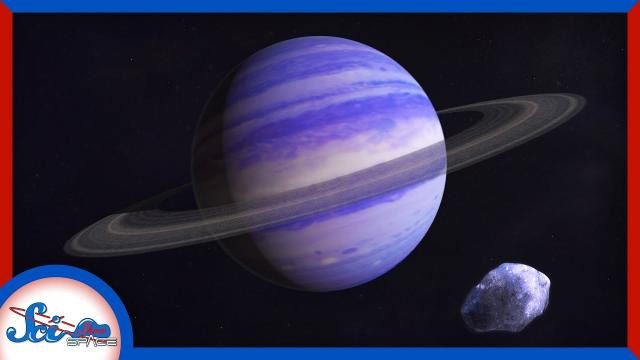
The Most Common Planet in the Universe?
Added 268 Views / 0 LikesThere’s one kind of planet we’ve found more often than any other in the universe so far: mini-Neptunes. Now, some scientists think they’ve figured out why there are just so many of them.Hosted by: Caitlin HofmeisterSciShow has a spinoff podcast! It's call
-
06:13

The Legendary Arecibo Radiotelescope
Added 268 Views / 0 LikesAll telescopes work by gathering light from the stars, but one held the crown for square footage for collecting that light for 53 years. The amazing Arecibo.Hosted By: Reid ReimersSciShow is on TikTok! Check us out at https://www.tiktok.com/@scishow------
-
02:40
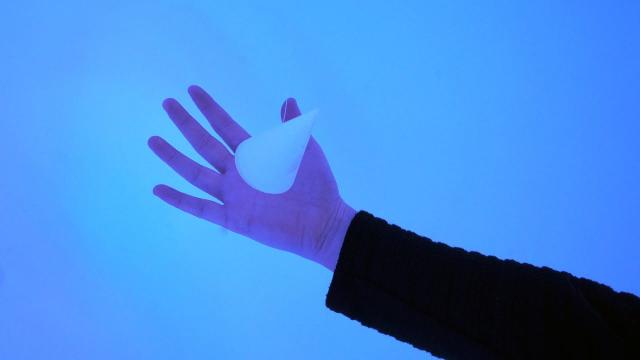
Using art to understand the brain
Added 268 Views / 0 LikesWatch more videos from MIT: http://www.youtube.com/user/MITNewsOffice?sub_confirmation=1The Massachusetts Institute of Technology is an independent, coeducational, privately endowed university in Cambridge, Massachusetts. Our mission is to advance knowled
-
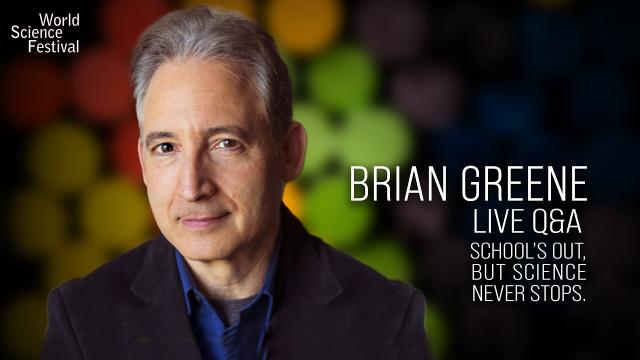
School’s Out, but Science Never Stops: Live Discussion with Brian Greene
Added 268 Views / 0 Likes#briangreene #livestream #science School’s out, but science never stops. High School students around the world: bring your curiosity and your questions for a live Q+A with Brian Greene covering black holes, time travel, the big bang, the multiverse, and w
-
02:55
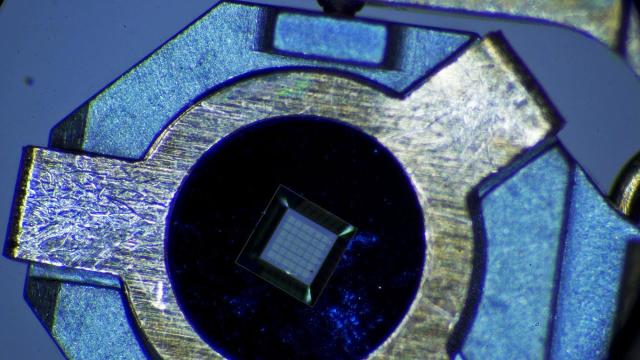
How to image atoms
Added 267 Views / 0 LikesIn the basement of MIT.nano there is a there is a specialized microscope able to image materials at the atomic level. In this video we go through each step of how to image the tiny building blocks for all materials: atoms. Watch more videos from MIT: http
-
05:02
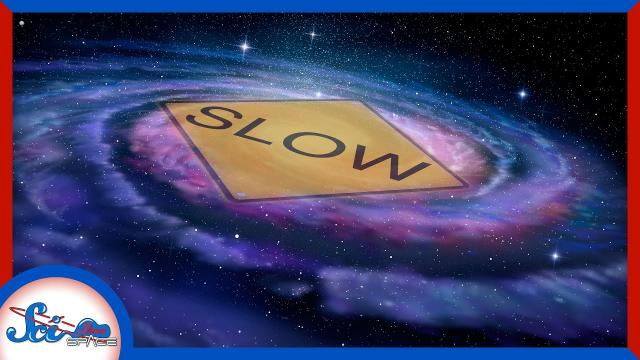
Dark Matter is Slowing Down the Milky Way
Added 266 Views / 0 LikesThe effects of dark matter on galaxies is a mystifying and difficult thing to study, but the Milky Way's galactic bar might present an exciting way to quantify how much of it exists!Hosted by: Reid ReimersSciShow has a spinoff podcast! It's called SciShow
-
05:32
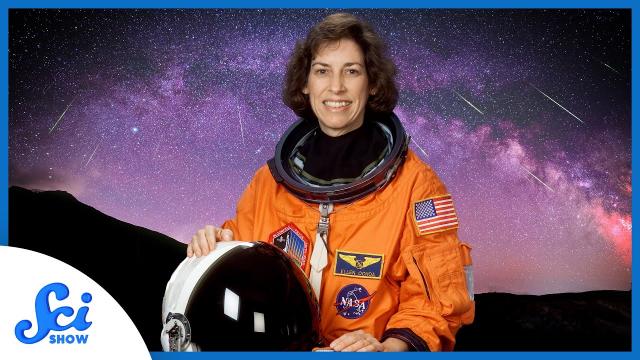
From Optics to Spacewalks: Dr. Ellen Ochoa | Great Minds
Added 266 Views / 0 LikesDr. Ellen Ochoa is incredible! She published over a dozen papers, co-filed three patents, and was a NASA engineer, all before becoming an astronaut and spending nearly a thousand hours in space.Hosted By: Hank Green----------Huge thanks go to the followin
-
1:05:50
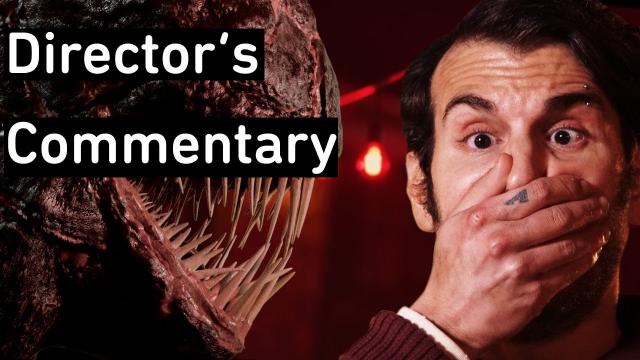
CYSTM: A Quiet Place - Director's Commentary (LIVE)
Added 265 Views / 0 LikesWatch main episode: https://youtu.be/ohtrjw0JPK8Let's chat about how we made this episode! You'll probably find out a lot more than you ever wanted about the Fair Use and lawyers.
-
04:45
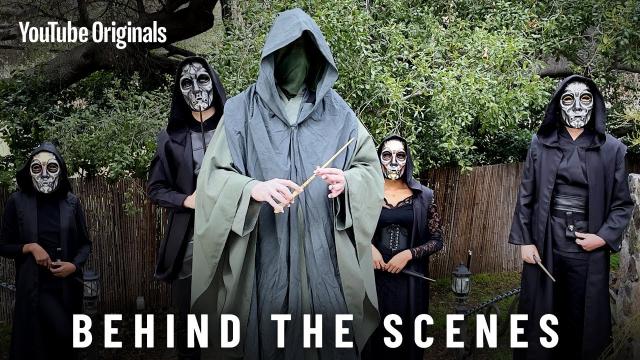
Meet The Cast of CYSTM: Harry Potter
Added 264 Views / 0 LikesWatch the main episode: https://youtu.be/rAidz90EguAJoin Jake (me) and the expansive cast of CYSTM: Harry Potter as they give their all to bring the incredible world of Harry Potter to life; each with a unique perspective and set of skills.
-
05:24
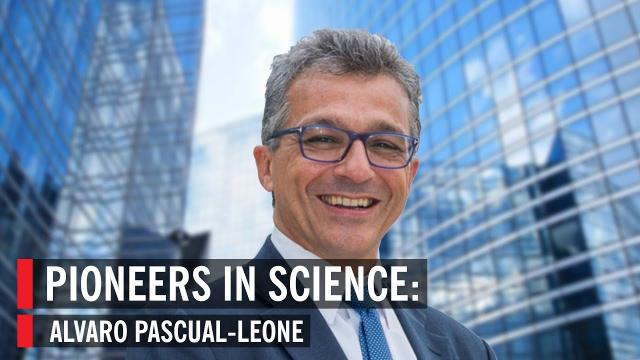
Pioneers In Science: Alvaro Pascual-Leone
Added 264 Views / 0 LikesMeet Alvaro Pascual-Leone, the Chief for the Division of Cognitive Neurology and the Director of the Berenson-Allen Center for Noninvasive Brain Stimulation at Beth Israel Deaconess Medical Center. Pascual-Leone studies the mechanisms that control brain p
-
05:54

We Used 1800s Math to Solve One of Jupiter’s Biggest Mysteries
Added 264 Views / 0 LikesJupiter's storms cover the planet, but the ones at the planet’s poles have mystified astronomers for years: why haven’t they merged together yet?Hosted by: Hank GreenSciShow has a spinoff podcast! It's called SciShow Tangents. Check it out at http://www.s
-
04:53
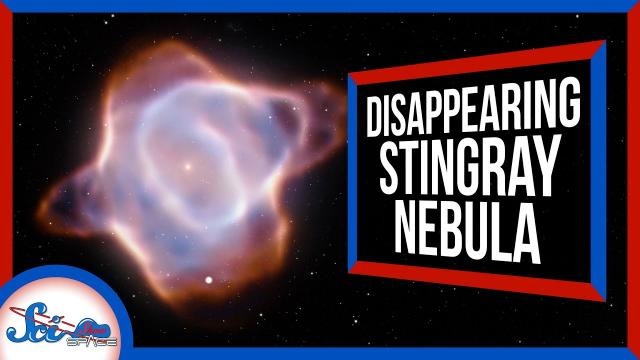
This Nebula Is Disappearing Absurdly Fast | SciShow News
Added 264 Views / 0 LikesOver just 20 years, the Stingray nebula has become anywhere from 29 to 900 times dimmer! It could teach us a ton about how nebulas evolve over time, and what happens when everything is going a lot faster than expected.Get 10% off today—WITH FREE WORLDWIDE
-
1:21:03
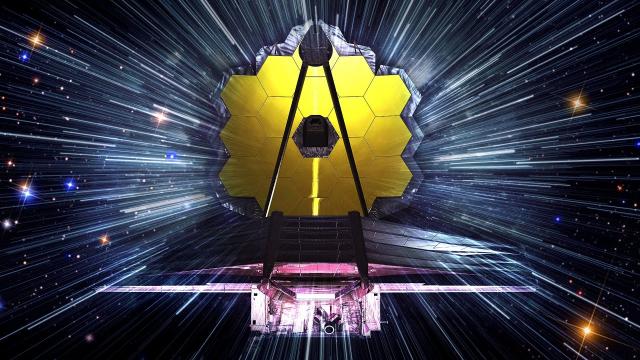
Things We’ve Never Seen: The James Webb Space Telescope Explores the Cosmos
Added 264 Views / 0 Likes#BrianGreene #NASA #JWSTThe powerful James Webb Space Telescope--the successor to the Hubble Space Telescope--promises insight into profound questions that have dogged philosophers and astronomers for millennia. What is the origin of the universe? How are
-
04:15
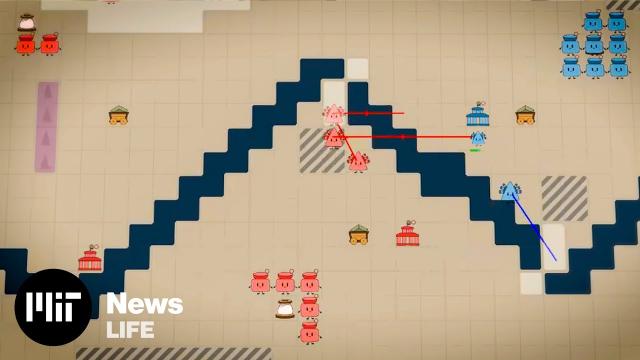
Code. Play. Learn. Win. BATTLECODE.
Added 264 Views / 0 LikesMIT’s long-running programming competition, Battlecode, invites participants from around the world to write code to program entire armies – not just individual bots – before they duke it out on screen. Throughout Independent Activities Period, participant
-
1:32:23
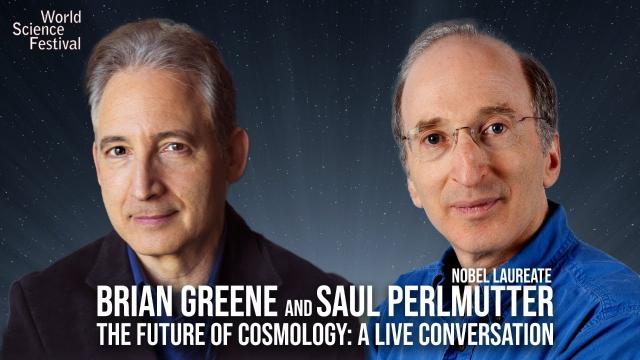
The Future of Cosmology: A live conversation with Brian Greene and Saul Perlmutter
Added 263 Views / 0 Likes#BrianGreene #SaulPerlmutter #WorldScienceFestivalWinner of the 2011 Nobel Prize in Physics, Saul Perlmutter joins Brian Greene to discuss recently launched and upcoming space telescopes that have the capacity to revolutionize our understanding of the cos
-
03:27
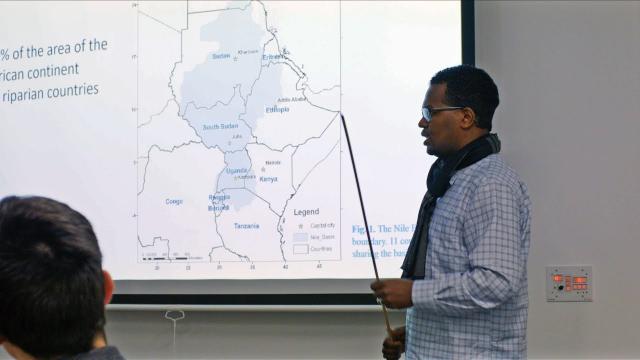
Reinventing Climate Change Adaptation: The Climate Resilience Early Warning System (CREWSnet)
Added 263 Views / 0 LikesThis project aims to reinvent climate change adaptation with a cutting-edge forecasting system that empowers underserved communities to interpret local climate risk, proactively plan for their futures incorporating resilience strategies, and minimize loss
-
06:47
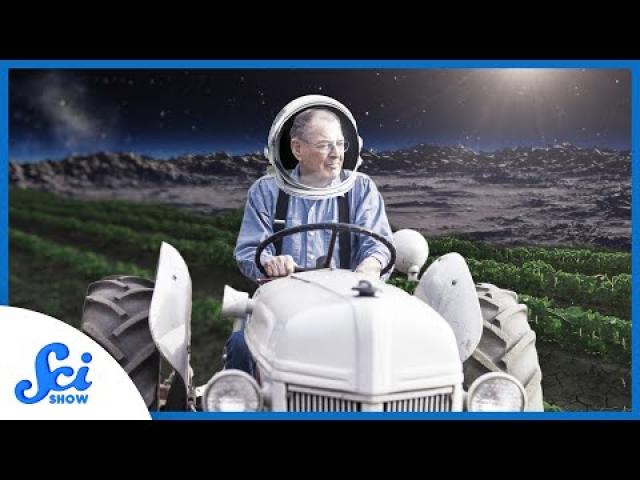
Can We Grow Plants On the Moon?
Added 263 Views / 0 LikesDespite how easy it looks in movies, growing plants on other planets is trickier than you might imagine.Hosted By: Reid Reimers----------Huge thanks go to the following Patreon supporter for helping us keep SciShow Space free for everyone forever: Jason A
-
02:28
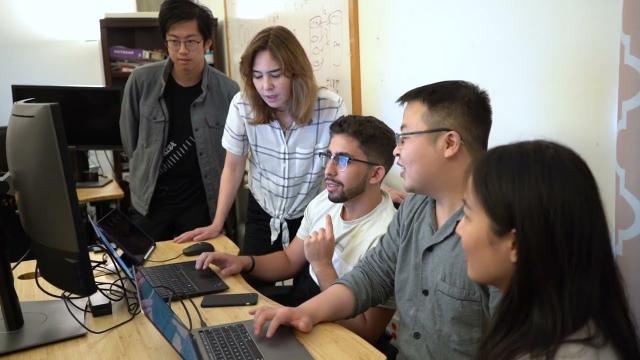
In-home wireless device tracks disease progression in Parkinson’s patients
Added 263 Views / 0 LikesBy continuously monitoring a patient’s gait speed, the system can assess the condition’s severity between visits to the doctor’s office. (Learn more: https://news.mit.edu/2022/home-wireless-parkinsons-progression-0921)Watch more videos from MIT: http://ww
-
13:58
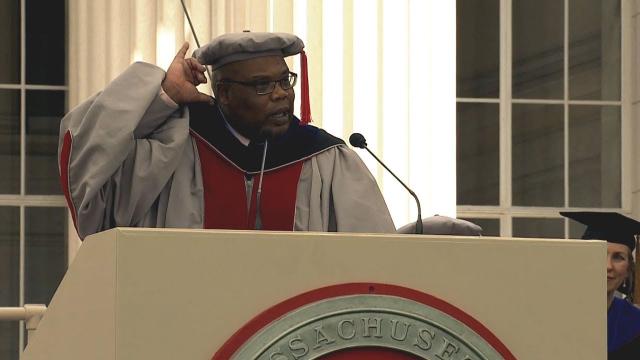
Squire Booker PhD '94 at 2019 Investiture of Doctoral Hoods and Degree Conferral Ceremony
Added 262 Views / 0 LikesMIT alumnus and now a professor of chemistry, biochemistry, and molecular biology at Penn State University, Squire J. Booker PhD ’94, addresses the audience at MIT’s 2019 Investiture of Doctoral Hoods and Degree Conferral Ceremony. Watch more videos from
-
06:15
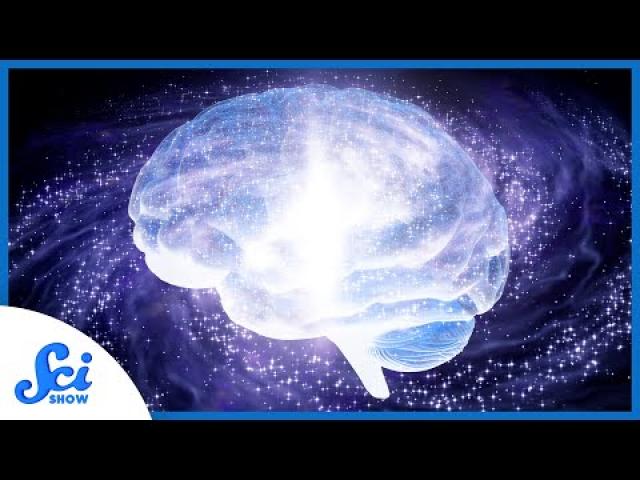
How Space Changes Your Brain
Added 262 Views / 0 LikesStart speaking a new language in 3 weeks with Babbel. Get up to 65% your subscription here: https://go.babbel.com/12m65-youtube-scishowspace-mar-2022/defaultWe've been sending people to space since the '60s, and we're just now starting to learn what that
